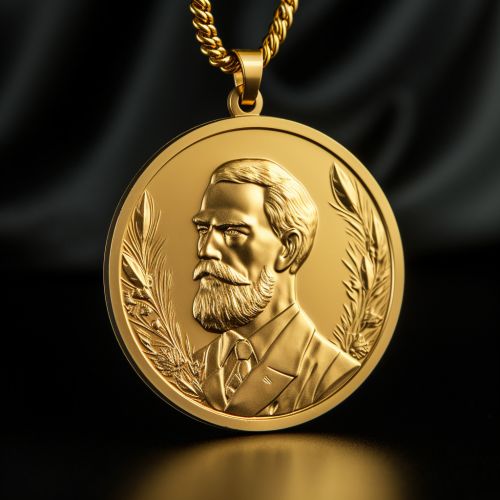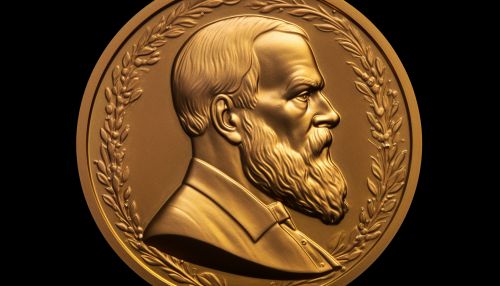Nobel Prize
Overview
The Nobel Prize is a set of prestigious international awards given annually in several categories, including Physics, Chemistry, Physiology or Medicine, Literature, and Peace, while a memorial prize in Economic Sciences was added in 1968. The prizes were established by the will of Alfred Nobel, a Swedish industrialist, inventor, scientist and philanthropist who is best known as the inventor of dynamite.
History
Alfred Nobel signed his last will and testament on November 27, 1895, at the Swedish-Norwegian Club in Paris. When his will was opened, it came as a surprise that his fortune was left to establish the Nobel Prizes. He left 94% of his worth to establish the five Nobel Prizes. The executors of Nobel's will were two young engineers, Ragnar Sohlman and Rudolf Lilljequist. The members of the Norwegian Nobel Committee who were to award the Peace Prize were appointed shortly after the will was approved. The Nobel Foundation was founded as a private organization on June 29, 1900. Its function is to manage the finances and administration of the Nobel Prizes.


Prize Categories
The Nobel Prizes were established by Alfred Nobel's will, which specified that the awards should be given in the fields of Physics, Chemistry, Physiology or Medicine, Literature, and Peace. An additional award, the Sveriges Riksbank Prize in Economic Sciences in Memory of Alfred Nobel, was established in 1968 by the Bank of Sweden and is commonly referred to as the Nobel Prize in Economics.
Physics
The Nobel Prize in Physics is awarded by the Royal Swedish Academy of Sciences, Stockholm, Sweden. The Nobel Prize in Physics has been awarded 113 times to 213 Nobel Laureates between 1901 and 2020.
Chemistry
The Nobel Prize in Chemistry is awarded by the Royal Swedish Academy of Sciences, Stockholm, Sweden. The Nobel Prize in Chemistry has been awarded 111 times to 183 Nobel Laureates between 1901 and 2020.
Physiology or Medicine
The Nobel Prize in Physiology or Medicine is awarded by the Nobel Assembly at Karolinska Institute, Stockholm, Sweden. The Nobel Prize in Physiology or Medicine has been awarded 111 times to 222 Nobel Laureates between 1901 and 2020.
Literature
The Nobel Prize in Literature is awarded by the Swedish Academy, Stockholm, Sweden. The Nobel Prize in Literature has been awarded 113 times to 117 Nobel Laureates between 1901 and 2020.
Peace
The Nobel Peace Prize is awarded by the Norwegian Nobel Committee, Oslo, Norway. The Nobel Peace Prize has been awarded 101 times to 135 Nobel Laureates between 1901 and 2020.
Economic Sciences
The Sveriges Riksbank Prize in Economic Sciences in Memory of Alfred Nobel is awarded by the Royal Swedish Academy of Sciences, Stockholm, Sweden. The Sveriges Riksbank Prize in Economic Sciences in Memory of Alfred Nobel has been awarded 51 times to 84 Laureates between 1969 and 2020.
Selection Process
The Nobel Prizes are awarded to individuals who, through their outstanding, innovative contributions, have proven to be of greatest benefit to mankind. The selection process varies slightly between the different categories, but it generally involves nomination, investigation and final selection by various committees.
Controversies and Criticisms
Despite its international prestige, the Nobel Prizes have been subject to criticisms and controversies throughout its history. Criticisms include the exclusion of certain categories, the Eurocentric bias, and the political influence in the selection process.
Legacy
The Nobel Prizes have had a significant impact on the scientific, literary, and peace-related achievements of the 20th and 21st centuries. They continue to be a symbol of international recognition for outstanding contributions in their respective fields.
